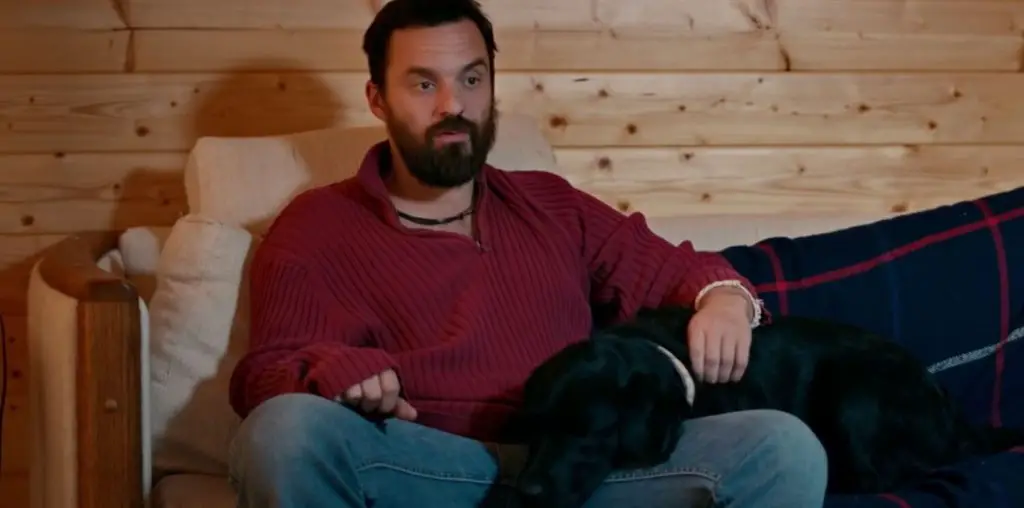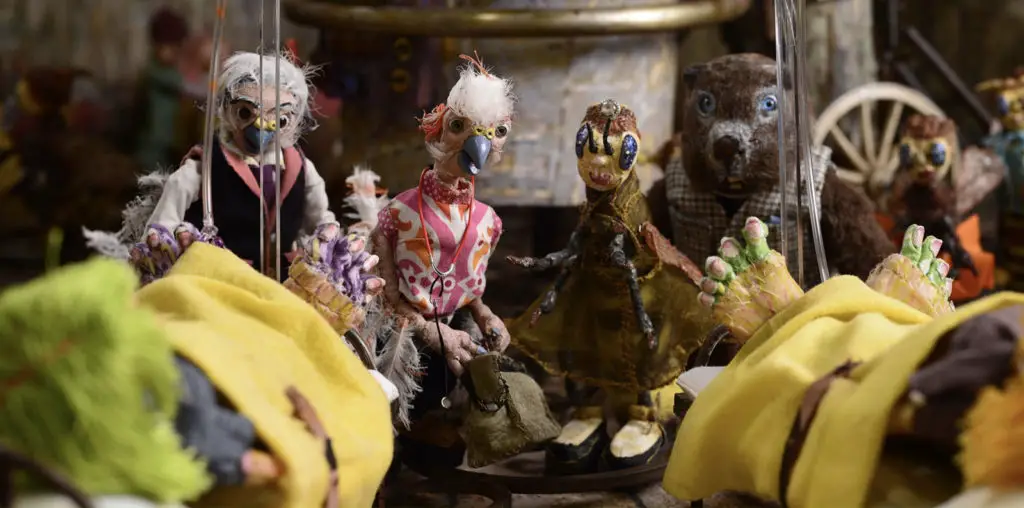
In his first American production, Japanese auteur/actor Takeshi Kitano has chosen to transplant his usual Yakuza elements to Los Angeles. In the movie, Kitano plays Yamamoto, a smooth and powerful gangster. Unfortunately, when his clan is forcibly taken over in a gang war, his attitude and reputation prevent him from really fitting into the new scheme of things. He has to go. Given the options of death or L.A., American life begins to look pretty good.
Yamamoto had earlier sent his half-brother Ken (Claude Maki) to study in California, but when he arrives he finds Ken dealing drugs with a small-time gang that includes Denny (Omar Epps). Denny has a run-in with Yamamoto before the older man even finds his brother. The gangster wastes no time in taking over the outfit. As he teaches them what brotherhood means for the Yakuza, the group quickly grows in power and numbers until they are among the richest and most dangerous gangs in town. Once they finally encounter the Mafia, who are far more entrenched and organized than they are, that brotherhood will be put to the test.
Okay, let’s first ignore the fact that, Bugsy Siegel and Mickey Cohen aside, the Mafia has never had a real presence in Los Angeles. The pre-Miranda LAPD had some effective methods for dealing with them (see “Mulholland Falls” and “L.A. Confidential”). It’s not that important who they are anyway.
When Kitano first came up with the idea for his initial American production years ago, he knew that it would be about the culture clash of a lone Yakuza warrior entering an American criminal underworld. What the final results depict is an exploration of the strengths and weaknesses of the Yakuza code. This is where the title comes into play. The director describes the bond of sworn brotherhood amongst the Yakuza as being “thinner than the blood of kindred brothers.” Despite his relation with Ken, the man to whom Yamamoto grows closest is Denny, the only American who really comes to understand the Yakuza code.
On the other side is the intractability of the code. The same traits that lend the Yakuza their strength can prevent them from accepting or adjusting to change. This is what forced Yamamoto out of Japan in the first place and brings him to the point of no return in the States. Though the code contributes to his quick rise in the U.S., the gangster finds himself in much the same position as before.
This is not Kitano’s best film, but it’s much stronger than his last Japanese entry, “Kikujiro.” For America, it’s probably the best and most commercial entry point for the man in the U.S. marketplace. God knows he deserves a ticket out of the art-house ghetto, and with proper marketing this could be it. With the native old guard of action stars largely aging (Clint Eastwood) or floundering (Stallone, Scwarzenegger) out of their careers, the door has been wide open for folks like Jet Li, Russell Crowe, and Michelle Yeoh. Kitano has his own thing going, and believe me, it’s a very good thing. Native Japanese cinema is quite different than our domestic product and Kitano could lead a wave of major working talents here like Takashi Miike (“Shinjuku Triad Society”, “Audition”), Takashi Ishii (“Gonin”), and others. The Hong Kong guys have all had at least one shot in Hollywood; it should be time for the Japanese to get their turn. Here, Kitano proves that not only can he produce a film as good as anything the American studios can churn out, he can do it with an American crew. The best thing about “Brother” is that you want to see what he can do next.

